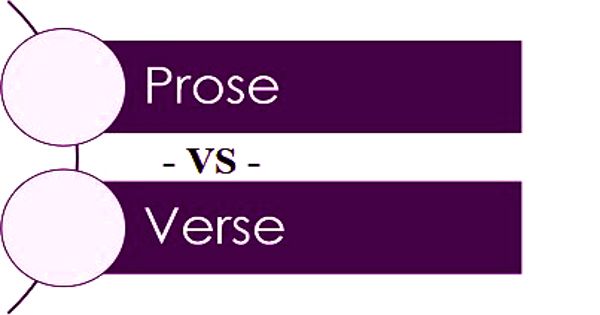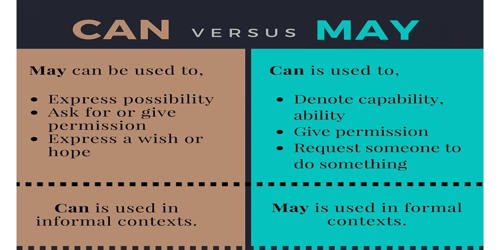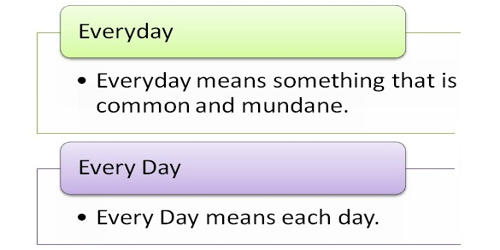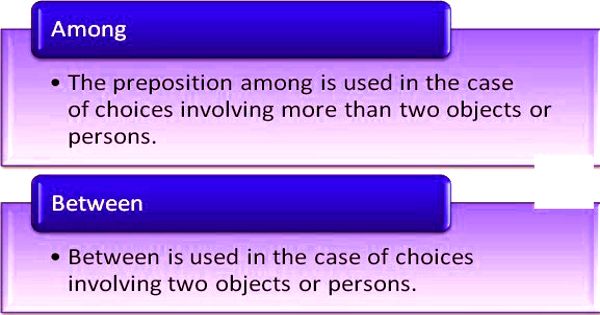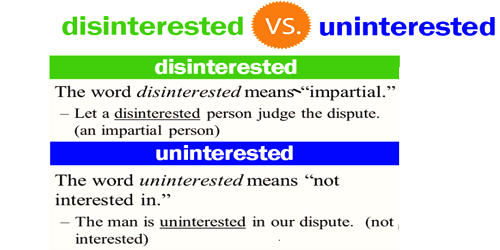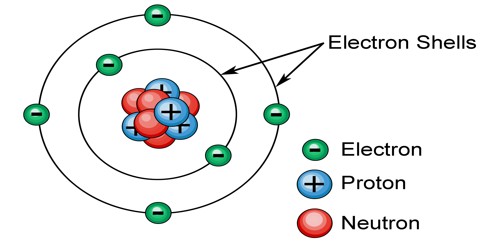The prose is could be called “normal language” – it is what we use in everyday speech. The prose is a common term used for unmetrical writing. It consists of sentences and paragraphs and is what most novels and contemporary are written in. It is a style in which we naturally communicate and follows the grammatical structure. So, any type of literary work, which follows the simple grammatical structure, to form sentences and paragraphs is called prose.
On the other hand, a Verse is used for metrical writing, no matter if the writing is poetic or unpoetic. It can also be called poetry – it tends to have a regular rhythm, and is divided into “stanzas” rather than paragraphs. A verse can sometimes rhyme. A verse uses a rhythmic structure, which is not used in ordinary speech. So, when words are metrically arranged in a sequence, as per a given design or rhythm, it is called verse.
The main difference between prose and verse is that prose is written naturally whereas verse is written in metrical structure. While the prose is a form of text, the verse is a form of poetic composition.
Difference between Prose and Verse
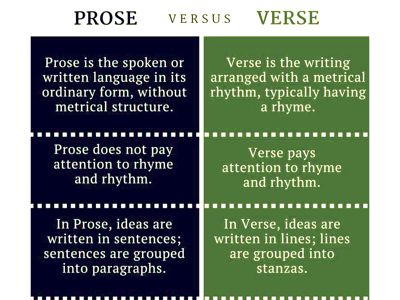
PROSE
- Prose refers to the language in its basic form having no metrical structure. In prose, natural language is used which has to be grammatically correct.
- The prose is a type of literary genre, having a simple and loosely defined structure, often found in day to day speech and communication.
- In prose, a natural flow of speech and fundamental grammatical rules are followed. Here words are arranged in sentences, which form a paragraph. This means that it contains sentences and paragraphs which are grammatically correct.
- It is a general form of writing which is used in both fictional and non-fictional work of literature. Examples of prose include novels, encyclopedias, textbooks, articles, casual dialogues, dictionary definition, etc.
VERSE
- The verse implies the literary work, which is organized using metrical rhythm. In a verse, creative and rhythmical language is used.
- A verse can be understood as a literary composition representing one line poetry, which has a definite rhythm. It is used to indicate any stanza or any other part of the poetry.
- A verse can also be understood as a line of metrical writing, which denotes any combination or arrangement of works in poetry, whose grouping is technically called ‘stanza’. Here words are organized in lines, i.e. a single metrical line, or a group of lines i.e. stanzas.
- A poem may contain several verses. It is a series of lyrics that explain the essence of the poem, as well as keeps the thought going. It requires an arrangement of words in a definite pattern, so as to produce a harmonious rhythm.
